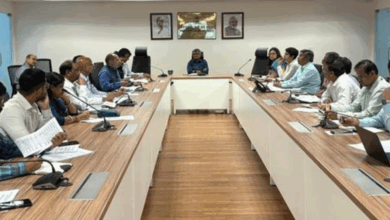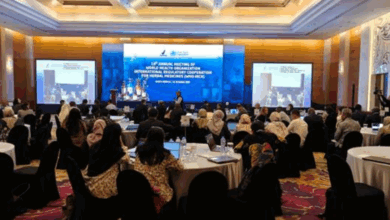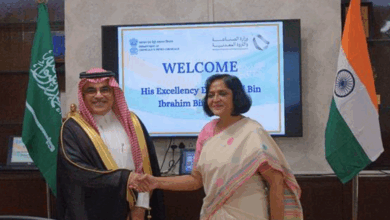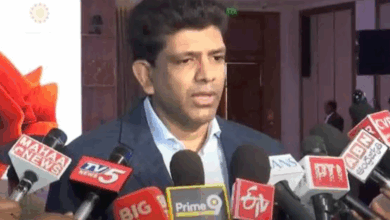EMBs to strengthen democratic norms and processes by collective action: EC Shri Anup Chandra Pandey
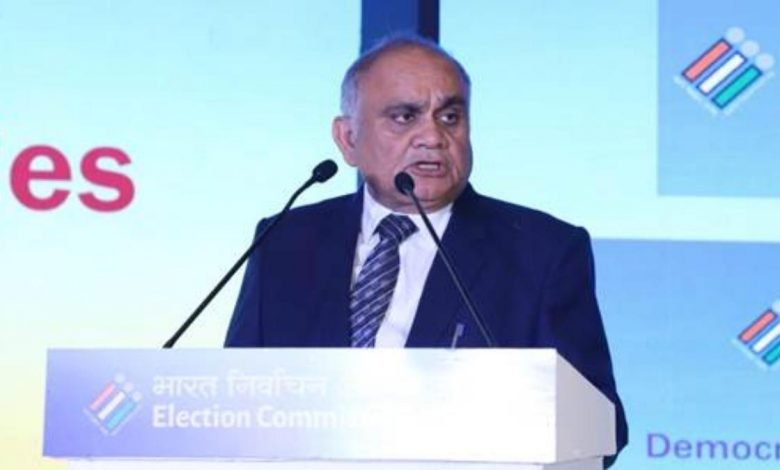
ECI concludes two day International Conference on ‘Role, Framework & Capacity of EMBs’ as the lead for the Cohort on ‘Election Integrity
Election Commissioner Shri Anup Chandra Pandey today presided over the concluding ceremony of the two-day international conference on ‘Role, Framework & Capacity of EMBs’ as the lead for the Cohort on ‘Election Integrity’ organized by the Election Commission of India.
In his address at the concluding ceremony, EC Shri Anup Chandra Pandey said that though elections are key to democracy, the quality of functional efficiency of conducting elections by EMBs in turn depends on their effectiveness in addressing challenges and maintaining independence. He urged all EMBs to strengthen democratic norms and processes and leverage all relevant platforms for collective action.
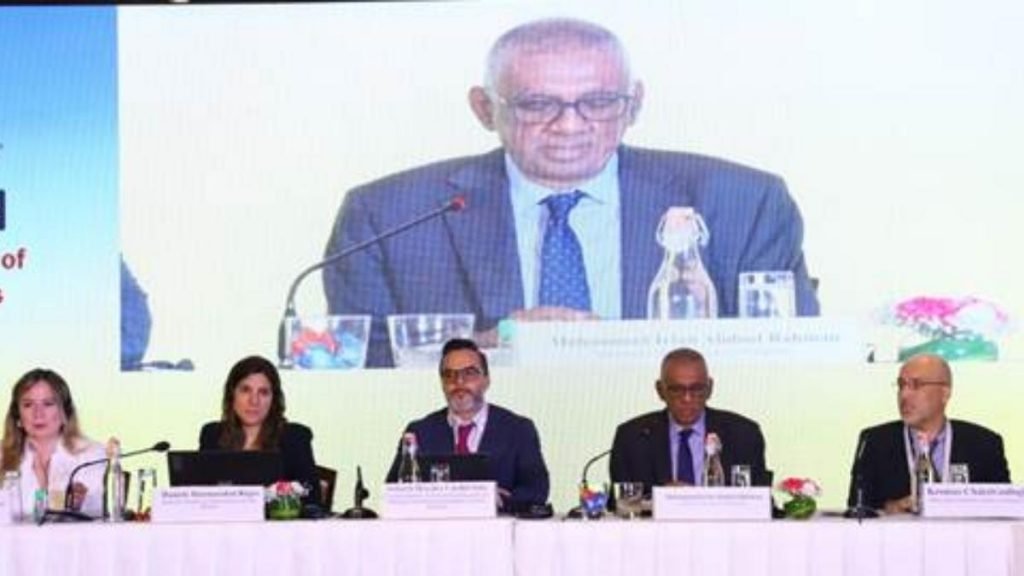
EC Shri Pandey while highlighting the emerging challenges like polarization, populism, and voter apathy faced by EMBs globally, emphasised the need for mutual cooperation, continuous engagement and knowledge sharing on a regular basis in a structured manner to address these challenges. He said there is a need to develop global standards and SOPs on the management of electoral roll, polling management, electoral technology, control of disinformation, fake news, cyber security and all related aspects in the conduct of free, fair and transparent elections.
Shri Pandey said that efforts should be made to bring more and more democracies on board in a manner that involves and engages them in strengthening electoral democracy. Roles of the Partner organizations need to be redefined for more effective assistance to the needy EMBs for capacity building, he stressed.
During the last two days, detailed deliberations spread across three sessions were held.
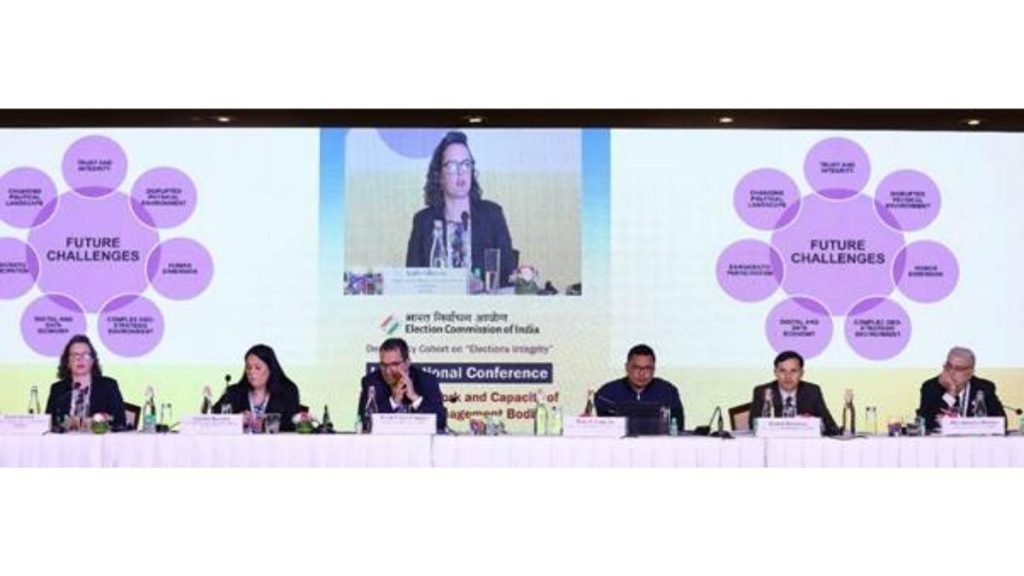
The first session on “current challenges faced by the EMBs” with respect to their role and framework to ensure ‘election integrity’ was chaired by the Electoral Commissioner of Mauritius. The session had presentations from Election Authorities in Mexico, Chile, Nepal & Greece. The Chair concluded the session by appreciating the initiatives made for free, fair, transparent and credible election by these EMBs and Election Authorities and that there was much to learn from the good practices of each other.
The second session on ‘Future Challenges’ was co-chaired by the Secretary-General, of International IDEA and the Head of the Department of Elections and Political Parties, Directorate of Elections, Ministry of Interior, Hellenic Republic, Greece. The session had presentations from representatives of the Australian Electoral Commission & COMELEC, Philippines. The session noted that Election Authorities need to gear up to face emerging challenges of digital technologies and above all the resilience of EMBs in the smooth management of their core functions.
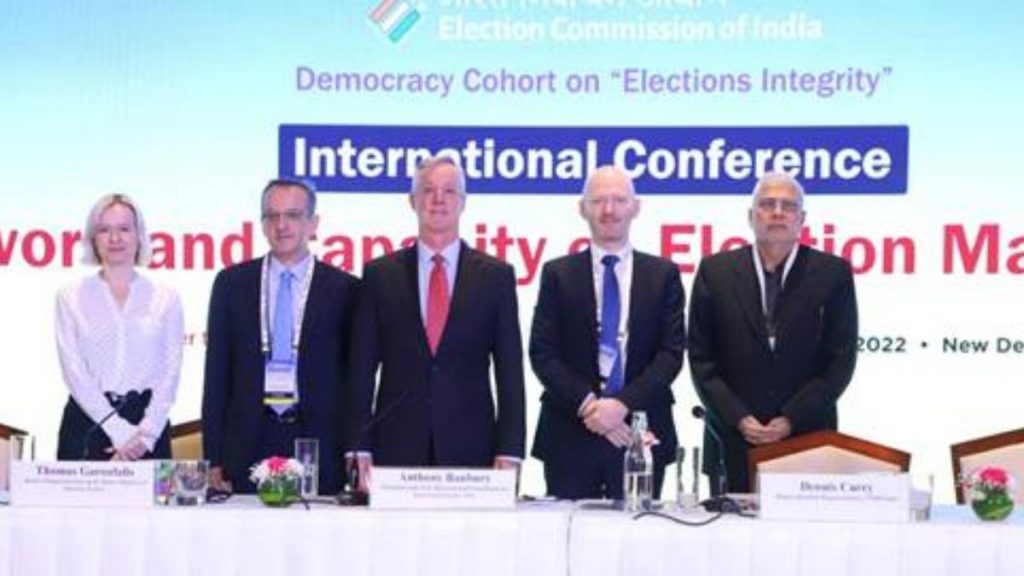
The third session on ‘Capacity of EMBs’ was chaired by the President & CEO of IFES. The session had presentations from the IFES Country Director (Sri Lanka & Bangladesh), a Representative from UNDP and the Head of the Department of Electoral Rolls and Results, Directorate of Elections, Ministry of Interior, Hellenic Republic, Greece.
President & CEO IFES emphasised new paradigms required to address strengths and weaknesses and learn from each other to secure electoral integrity. There is a need to identify threats including deliberate attacks on EMBs, misinformation, and disinformation, as much has changed with new technologies affecting social cohesion, he said. The speakers said EMBs being guardians of electoral integrity need to rethink their role beyond just efficient conduct of processes and thus, capacities, authority, accountability and independence of EMBs need to be redefined accordingly.
Disclaimer: This is an official press release by PIB.



